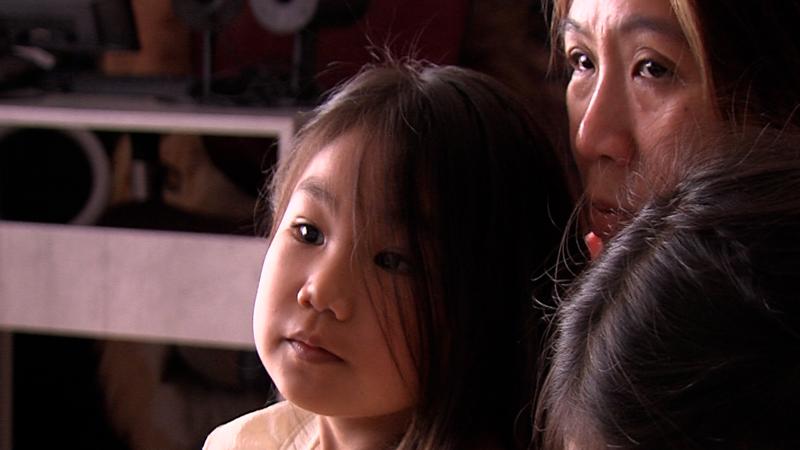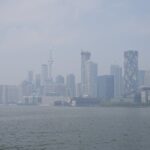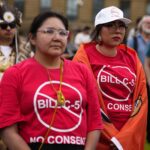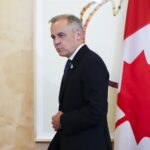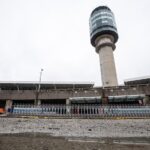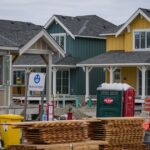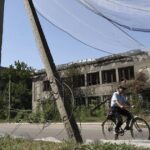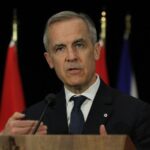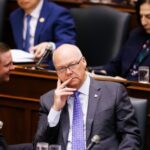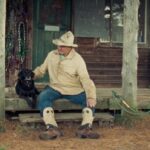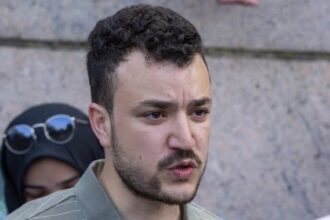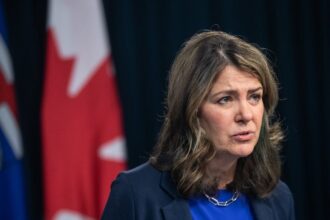In the heart of northern British Columbia, a Prince George family finds themselves caught in a desperate race against time as immigration complications threaten their daughter’s health. The Alvarez family, who moved to Canada three years ago on temporary work permits, now face an agonizing dilemma that highlights the complex intersection of immigration policy and healthcare access.
“Every day we wait is another day my daughter suffers,” says Elena Alvarez, mother of 8-year-old Sofia, who requires specialized medical treatment for a rare autoimmune condition. The family’s work permits are set to expire next month, and their application for permanent residency through the Provincial Nominee Program has encountered unexpected delays due to changing documentation requirements.
Sofia’s condition, diagnosed six months ago, requires consistent treatment from specialists at BC Children’s Hospital in Vancouver. Her doctors have warned that interruptions in care could lead to irreversible damage to her developing immune system. “The medical team has been incredible, but they can only do so much within the constraints of our immigration status,” explains Carlos Alvarez, Sofia’s father, who works as an engineer at a local mining company.
Immigration experts point to this case as emblematic of broader systemic challenges. “We’re seeing an increasing number of families caught between immigration processing timelines and urgent medical needs,” notes Dr. Hannah Williams, Director of Immigration Policy Studies at the University of British Columbia. “The system wasn’t designed to accommodate these complex medical scenarios.”
The family has garnered support from CO24 Canada News readers and the Prince George community, with over 5,000 signatures on a petition urging Immigration, Refugees and Citizenship Canada to expedite their case on humanitarian grounds. Local MP Todd Doherty has also taken up their cause, raising the issue during parliamentary sessions last week.
“While each case is assessed individually, there are provisions within our immigration system for humanitarian considerations,” stated a representative from IRCC when contacted about the case. However, they declined to comment specifically on the Alvarez family’s situation, citing privacy regulations.
Medical tourism is often suggested as an alternative, but the Alvarez family explains that returning to their home country of Colombia would mean losing access to the specialized care Sofia currently receives. “The equivalent treatment simply isn’t available there, and what exists would cost more than we could ever afford,” explains Elena, whose position as a healthcare worker has been deemed essential during staff shortages at the University Hospital of Northern BC.
The family’s lawyer, Mira Singh, has filed for a Temporary Resident Permit extension based on medical necessity while their permanent residency application proceeds. “This is precisely the type of situation where our immigration system needs to demonstrate flexibility,” Singh argues. “When a child’s health hangs in the balance, processing timelines should adapt accordingly.”
Community fundraising efforts have raised over $15,000 to help with legal fees and travel costs for Sofia’s treatments in Vancouver. Prince George Mayor Simon Yu has voiced public support for the family, calling on federal officials to intervene. “These are exactly the kind of people we want in our community—skilled, compassionate, and committed to building a life here.”
As the clock ticks toward their permit expiration date, the Alvarez family continues their daily routine while living with unbearable uncertainty. Carlos continues his work at the mine, Elena provides critical care at the hospital, and Sofia attends virtual classes when her health permits. “We came to Canada for opportunity and a better life,” says Carlos. “We never imagined we’d be fighting to simply keep our daughter healthy.”
As cases like the Alvarez family’s become more common across Canada, can our immigration system evolve to better balance bureaucratic requirements with the human realities of those caught within its processes?

